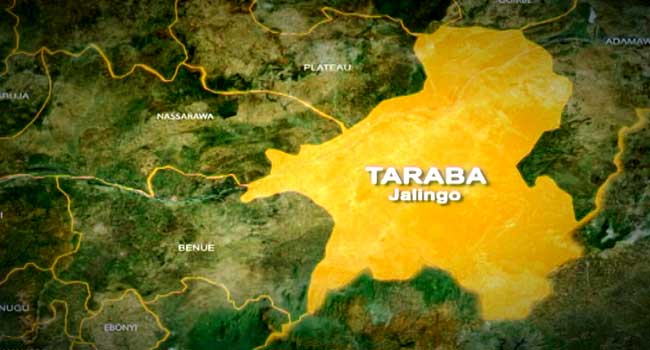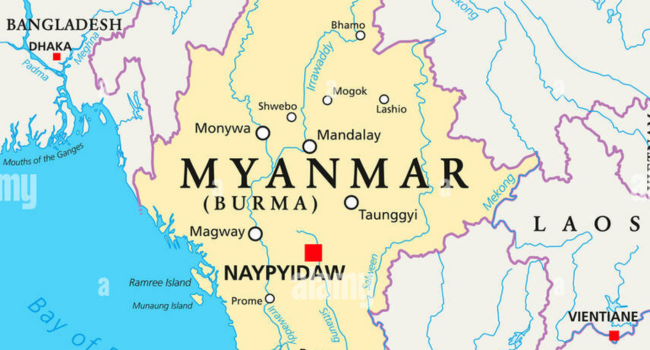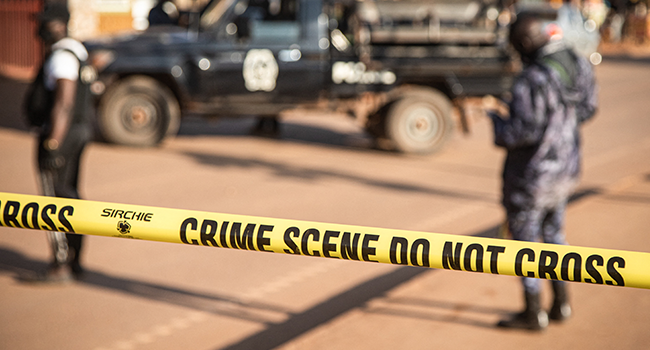
Six persons have been confirmed dead with an unspecified number injured following a bomb explosion that rocked a drinking bar in Mashaya market, Iware Community located in Ardo-Kola Local Government Area of Taraba State.
The blast occurred on Tuesday.
A visit to the scene of the incident by Channels Television revealed blood stains on the floor and a shattered local drinking joint.
The Anti-bomb squad of the Nigeria Police Force were also on ground combing the area for a possible bomb detonation.
READ ALSO: Bomb Explosion Rocks Cattle Market In Taraba
Meanwhile jihadists affiliated to the Islamic State have claimed responsibility for the attack.
In a statement released in Arabic on Wednesday, the Islamic State West Africa Province (ISWAP) said it had detonated the bomb, “killing and wounding nearly 30 Christians and damaging the bar.”
The statement, translated by SITE Intelligence which monitors jihadist activities worldwide, said the attack was “revenge” for the death of two of the group’s leaders, without giving further details.
The blast occurred in a crowded open-air moonshine bar in the town of Iware.
ISWAP has become the dominant threat in the northeast since the death in May 2021 of Abubakar Shekau, the former leader of rival group Boko Haram.
More than 40,000 people have died and around two million have fled their homes since the insurgency began in 2009.
The military has scaled up its offensive ahead of the rainy season which starts next month, killing high-profile commanders in recent air strikes on the group’s camps.
Taraba has not experienced any jihadist attacks since 2014.
However, the state is a hotspot for kidnappings for ransom by criminal gangs, known locally as bandits.
There has been growing concern about increasing ties between jihadists and bandits who are motivated by financial motives with no ideological leaning.




